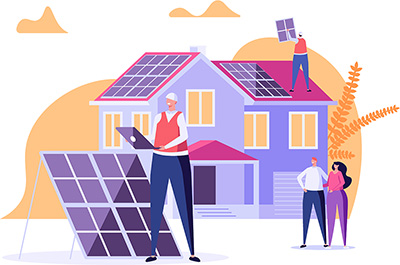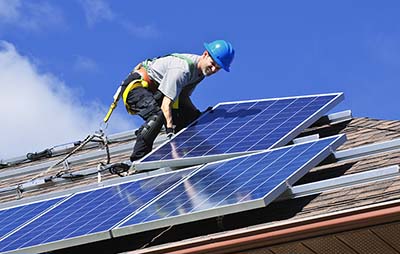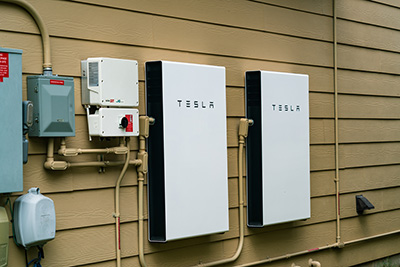Price is a big obstacle for most homeowners when deciding whether to install solar energy systems. For an average-size system, which would generate all of the electricity needed for a house in this area, you’ll have to plunk down $18,000 or more. You’ll get your money’s worth but it will take time, and starting in 2026, the payback period will be even longer.
On July 4, President Trump signed sprawling legislation that ends a long-time, popular 30 percent federal tax credit for residential solar projects. Industry experts predict that without the tax credit, far fewer homeowners will purchase systems.
You can still claim this credit if you complete a solar energy installation and pay for it before the end of the year. After that, without the valuable tax credit, the lack of local incentives for residential solar projects and low retail prices for electricity in Washington means some families won’t recoup their upfront costs for 20 years or more.
You can finance a solar project purchase to avoid spending savings. Installers offer loans or you can obtain a home equity line of credit. But borrowing will increase your costs even more.
Start by making sure your abode and its roof are good fits for solar. Homes with roofs that have unobstructed southern exposures are the best sites. Also assess the condition of your roof. Because solar panels last for 25 years or more, and because your shingles will need equal longevity, ask a good roofer if you should replace shingles where you plan to install panels.
Thoroughly vet solar contractors you consider. Skeptically review any marketing materials—our undercover shoppers found some companies promise overly optimistic scenarios. Carefully read the contract and ask the company to clarify anything you don’t understand.






